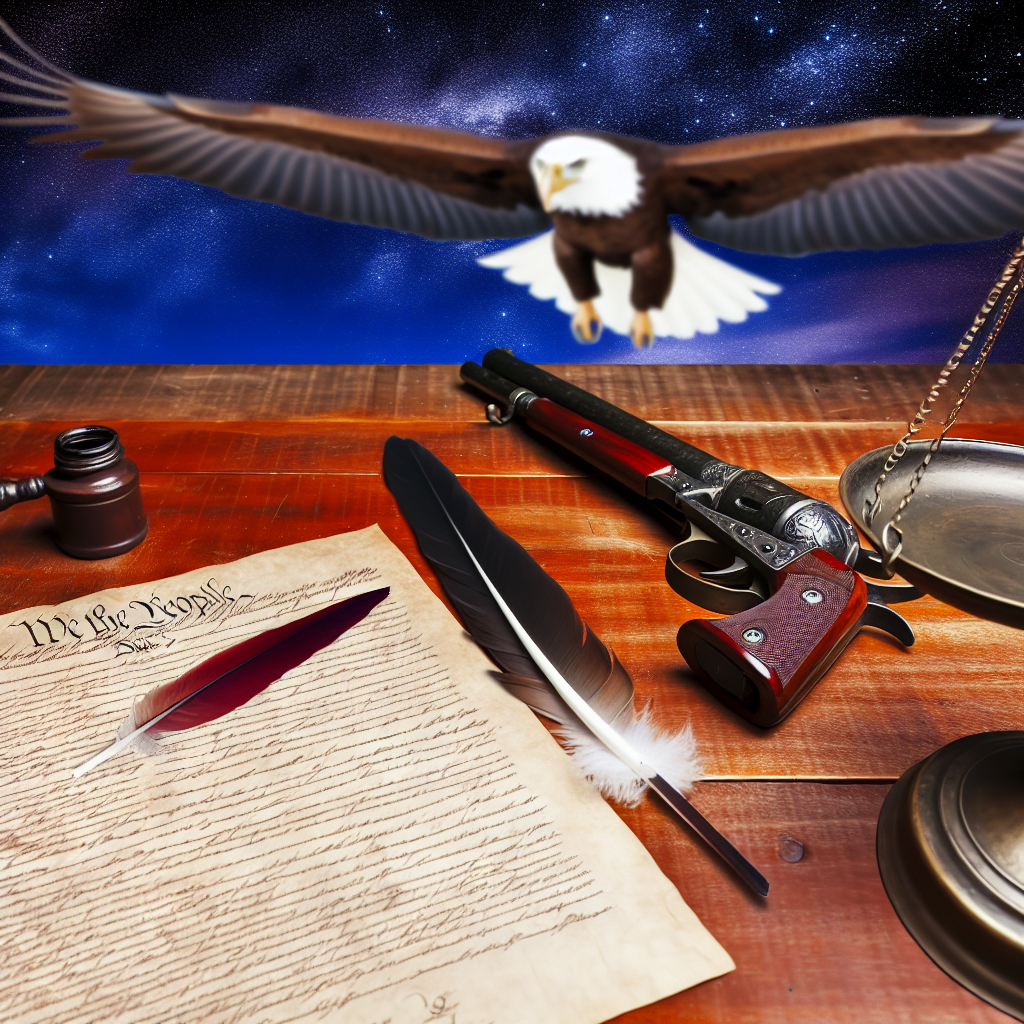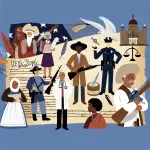Hunting Traditions and the Second Amendment
The connection between the Second Amendment and hunting traditions is deeply ingrained in the fabric of American society. The right to bear arms is not merely about personal protection or self-defense; it is also a crucial element that supports hunting traditions and wildlife conservation efforts.
The Foundation of Freedom and Tradition
The Founding Fathers enshrined the Second Amendment in the Constitution as a safeguard against tyranny and a means to ensure the security of a free state. However, this right has implications far beyond its original intent. It sustains and protects a way of life that has defined rural America for centuries. Hunting is more than a pastime; it is a tradition, a means to provide food, and a critical component of wildlife management.
Conservation and the Role of Hunters
Hunters are at the forefront of wildlife conservation. The funds generated from hunting licenses and excise taxes on firearms and ammunition under the Pittman-Robertson Act have been instrumental in funding conservation programs and maintaining public lands.
- Hunting licenses and fees contribute billions of dollars annually to conservation efforts.
- Excise taxes on firearms and ammunition provide essential funding for wildlife habitat restoration.
- Hunters play a vital role in controlling wildlife populations, preventing overpopulation and the spread of disease.
Without the Second Amendment, these crucial activities would be jeopardized. Anti-gun legislation threatens not only our individual freedoms but also the very fabric of our conservation efforts. Without access to firearms, the ability of hunters to contribute to wildlife management would be severely restricted.
The Looming Threat
Efforts to erode the Second Amendment are not just attacks on our personal freedoms but are direct assaults on our hunting traditions and conservation heritage. Politicians who push for stricter gun control measures often fail to understand or intentionally ignore the ripple effects their policies would have on rural communities and wildlife conservation.
Imagine a future where hunters can no longer afford or even access the firearms and ammunition necessary for their activities. This would not only diminish an age-old tradition but also cripple the funding and manpower needed for effective wildlife management. Overpopulation, habitat destruction, and increased human-wildlife conflicts could become the norm, undoing decades of successful conservation efforts.
Taking Action
It is critical for every supporter of the Second Amendment to remain vigilant and proactive. We must:
- Support political candidates who defend the Second Amendment.
- Advocate for the continuation of hunting and conservation programs.
- Educate others about the importance of the Second Amendment in preserving our hunting heritage and conservation efforts.
We cannot afford to be complacent. The Second Amendment is the cornerstone of our hunting traditions and wildlife conservation. Stand strong, be vocal, and take action to ensure that this right remains unassailable for future generations. The preservation of our way of life depends on it.





